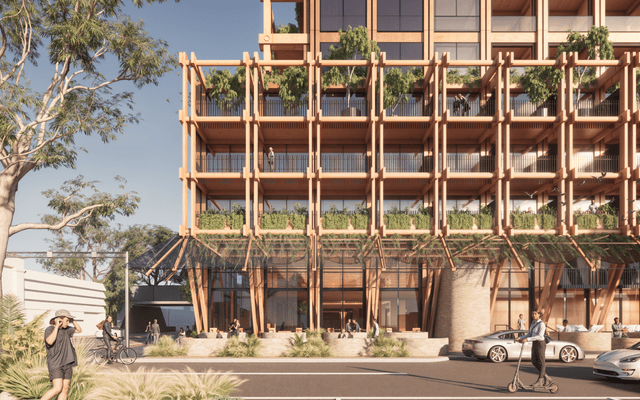This article is from the Australian Property Journal archive
The Albanese government will ban foreign investors from purchasing existing dwellings for at least two years, essentially adopting Coalition policy as housing takes centre stage in the run-in to a federal election.
Opposition Leader Peter Dutton had put forward the policy in his May budget reply address.
Doubts have been cast on the ultimate impact the policy will have on the housing market, given foreign investors accounted for comfortably less than 1% of all home sales.
Minister for Housing Clare O’Neil and Treasurer Jim Chalmers acknowledged “it’s a minor change, but a meaningful one because we know that every effort helps in addressing the housing challenge we’ve inherited”.
“The ban will mean Australians will be able to buy homes that would have otherwise been bought by foreign investors.”
The ban on foreign purchases of established dwellings will begin at the beginning of April, with a review to be undertaken to determine whether it should be extended beyond the end of March 2027.
Some $5.7 million over four years will be put towards the Australian Taxation Office (ATO)’s foreign investment compliance team to enforce the ban and enhance screening of foreign investment proposals relating to residential property.
“This will ensure that the ban and exemptions are complied with and tough enforcement action is taken for any non‑compliance,” O’Neil and Chalmers said.
Alongside the ban, Labor is clamping down on land banking by foreign investors. Foreign investors are subject to development conditions when they acquire vacant land in Australia to ensure that it is “put to productive use within reasonable timeframes”.
“The government is focused on making sure these rules are complied with and identifying any investors who are acquiring vacant land, not developing it while prices rise and then selling it for a profit.”
Foreign investors who have already acquired or are proposing to acquire vacant residential or non‑residential land will be subject to heightened scrutiny by the ATO and Treasury to ensure they comply with development conditions.
The government is providing the ATO and Treasury $8.9 million over four years from 2025–26 and $1.9 million ongoing from 2029–30 to implement an audit program and enhance their compliance approach to target land banking by foreign investors.
It touted the initiatives as part of its $32 billion Homes for Australia plan.
“The contrast is clear – Labor is all about more homes, the Liberals are all about more cuts,” O’Neil and Chalmers said.
Housing is at centre stage of the national political debate leading into the election, with new research showing the expansion of low cost rental housing will be a vote changing issue in see-sawing electorates, as frontline organisations experience their worst summer on record.
New research from Redbridge for the Community Housing Industry Association and PowerHousing Australia shows 73% of Australians in 24 of the most contestable electorates say housing affordability will be important in influencing their vote.
The research shows 84% believe ensuring Australians have safe and stable housing is a fundamental government responsibility, and 76% agree more social housing is needed.
The government is hoping its flagship National Housing Accord initiative can help alleviate the housing crisis by pumping more supply into the heated market, although the country fell nearly 70,000 homes short of the program’s target in calendar 2024, official data shows.




